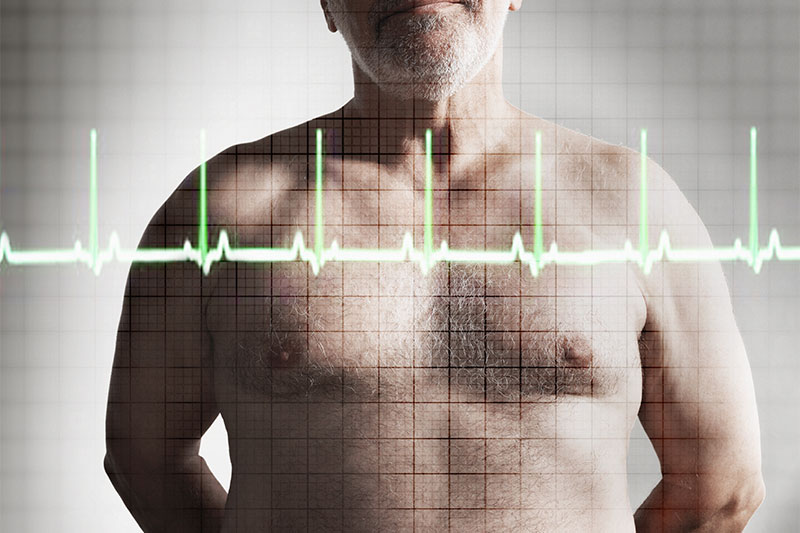
When you think about cholesterol, you will only think about the bad cholesterol or the LDL. You don’t think about the good cholesterol or the HDL. The issue for the average person is to balance the LDL and HDL accordingly. The fact of the matter is, your body will produce more cholesterol over time which means you need to have your levels checked every four to six years respectively.
The ideal thing to do is to keep the LDL levels low as that can be harmful to your cardiovascular system, and to have more HDL which can protect your heart as well as help to normalize blood pressure. If your LDL is too high, you are at risk of not only having more heart-related ailments such as heart attacks, but you are at risk of having strokes.
What Should My Cholesterol Levels Be?
The truth is that when you get older, your cholesterol levels increase and that is why it is essential to get yourself checked often. You cannot do anything about your cholesterol levels when it comes to the increase with age. It is a natural thing. The truth is that if you leave your cholesterol levels unchecked for years, your levels will be high and high cholesterol levels can be difficult to treat at some point.
That also means that children are going to have the lowest cholesterol numbers unless they constantly eat food high in trans fats and simple carbohydrates. That means if a child eats too much fast food and junk food, they are at risk of having cholesterol levels seen in their elderly counterparts. That is why it is also essential for children to have their levels checked twice before they turn 18. And a child that has the risk of having high cholesterol will need to get their levels checked more frequently.
The other thing to remember is that men tend to have higher cholesterol levels than women. Men typically have higher cholesterol as they age, and women have higher cholesterol after hitting menopause.
When it comes to your cholesterol levels, adults should have < 200 mg/dl. If the levels are from 200 to 239 mg/dl, then that is somewhat high. However, anything over 240 mg/dl is very high and anything over 200 mg/dl must get treated.
With that being said, your LDL levels should be less than 100 mg/dl, and if you have LDL levels up to 129 mg/dl, that is okay as long as you don’t have any heart issues. However, if you do have cardiovascular issues, then that is a significant concern. Whether you have cardiovascular issues or not, if you have 130 to 159 mg/dl, then that is somewhat high and if you have a reading of 160 to 189 mg/dl, then that is high. If your LDL levels are >190, 190 then that is dangerously high.
You want to have higher HDL levels and if you have HDL <40 mg/dl, then that is a concern for heart disease. If your HDL is from 41 mg/dl to 59, then that is somewhat low. Ideally, you want your HDL levels to be > 60 mg/dl which is healthy.
That means those who are 18 and younger should have their LDL < 120 mg/dl, and HDL > 45 mg/dl. For those over 18, the LDL should be < 130 mg/dl, and the HDL > 40 mg/dl. Then that can vary by age as well as your optimal body weight and muscular and bone structure. Therefore, you will want to make sure that you do get your cholesterol checked frequently so you can stay healthy and keep your heart health intact.



